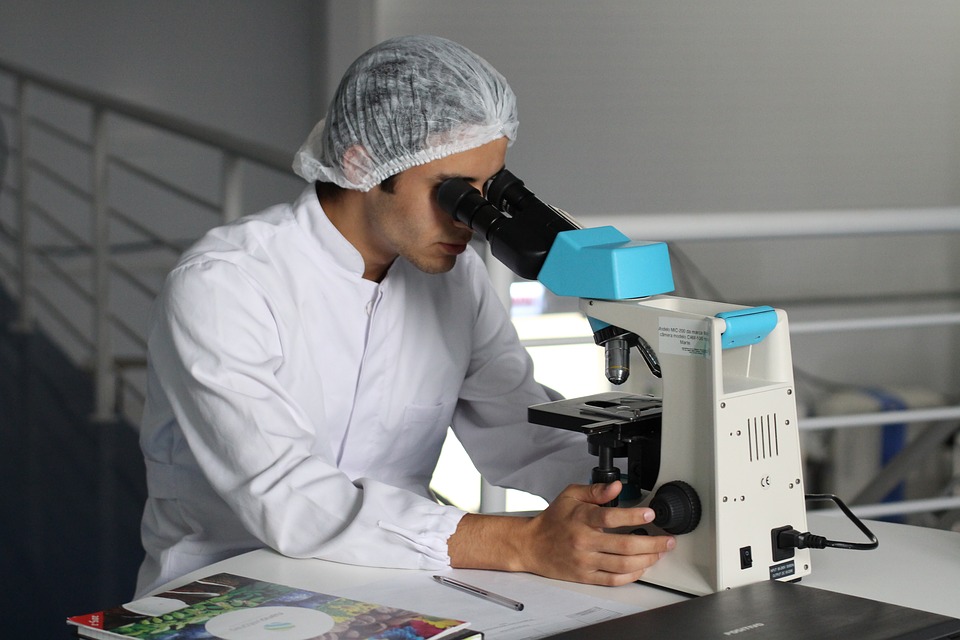New chlamydia drug targets discovered
May 10, 2017 | Wednesday | News
In the study, scientists used CRISPR/Cas9 to genetically edit the human induced pluripotent stem cells
Scientists at the Wellcome Trust Sanger Institute and their collaborators at the University of British Columbia have created an innovative technique for studying how chlamydia interacts with the human immune system.
Chlamydia trachomatis is one of the most common sexually transmitted infections (STIs) in the UK, with more than 200,000 cases each year in England alone. It is estimated that 131 million people globally are infected with chlamydia each year. Often called the ‘silent disease’, as it rarely produces symptoms early on, chlamydia causes genital infections which can lead to pelvic inflammatory disease and infertility if left untreated.
In the study, scientists used CRISPR/Cas9 to genetically edit the human induced pluripotent stem cells, and then see the effects of the genetic manipulation on the resulting macrophages’ ability to fight infection.
The team discovered two macrophage genes in particular that were key to limiting chlamydia infection- IRF5 and IL-10RA. When these genes were switched off, the macrophages were more susceptible to chlamydia infection. The results suggest these genes could be drug targets for new chlamydia treatments.










